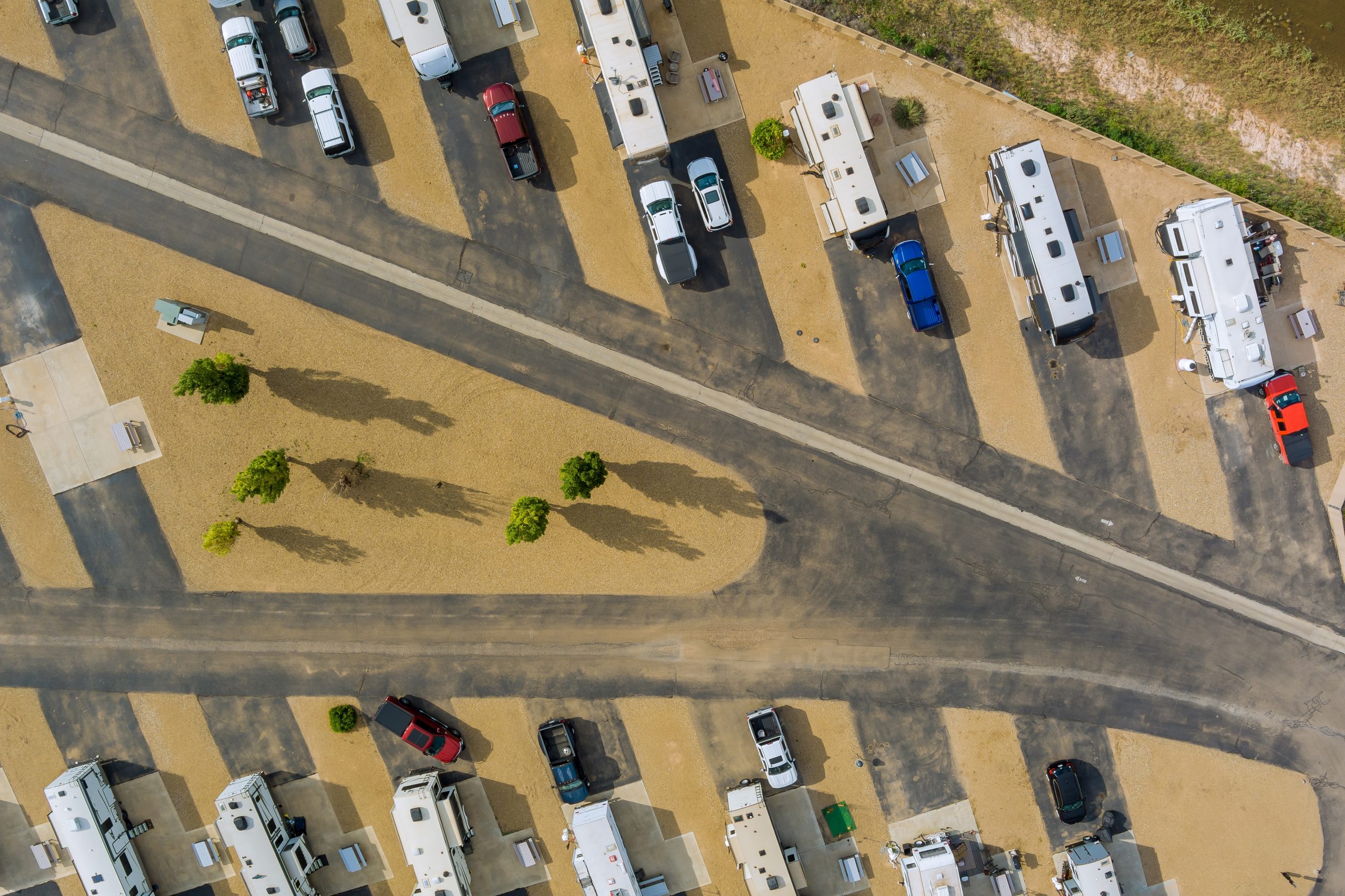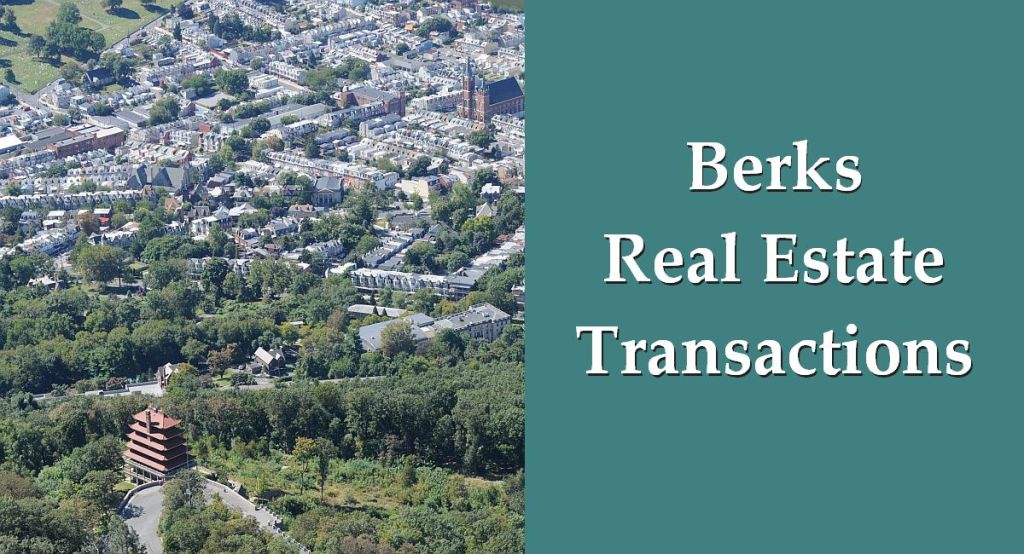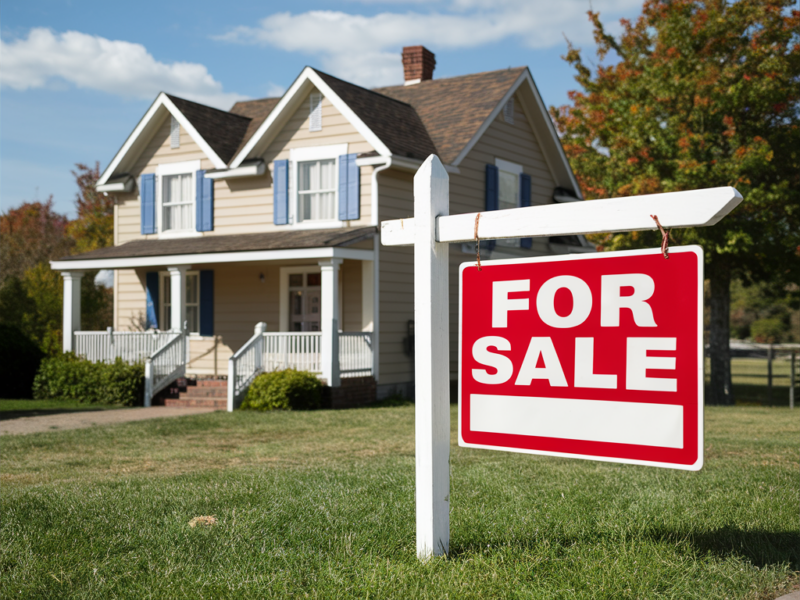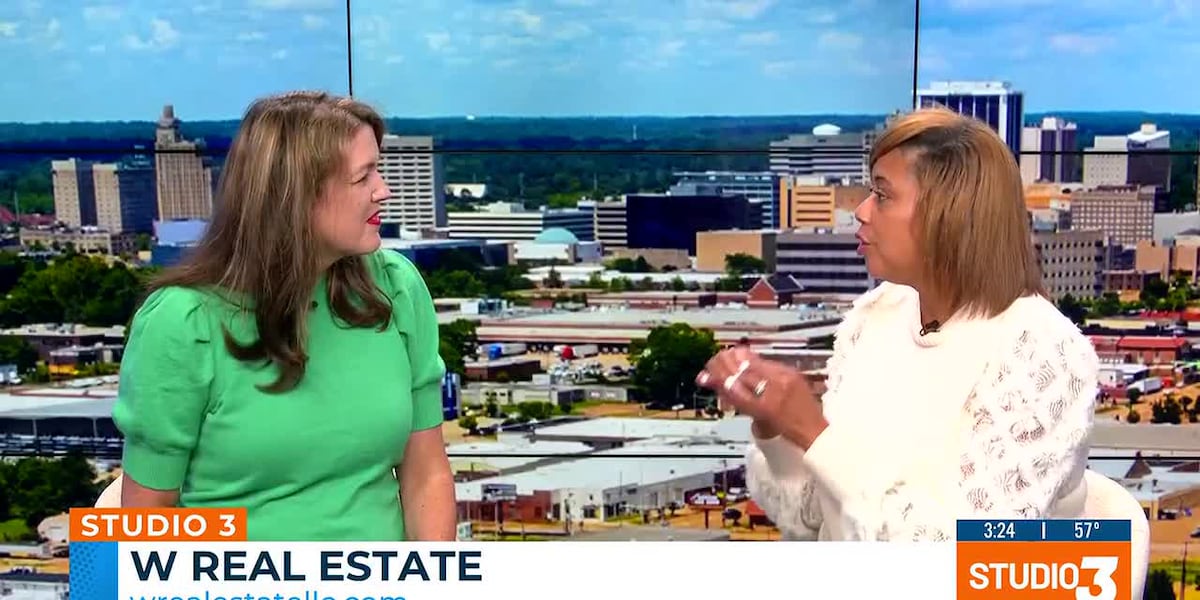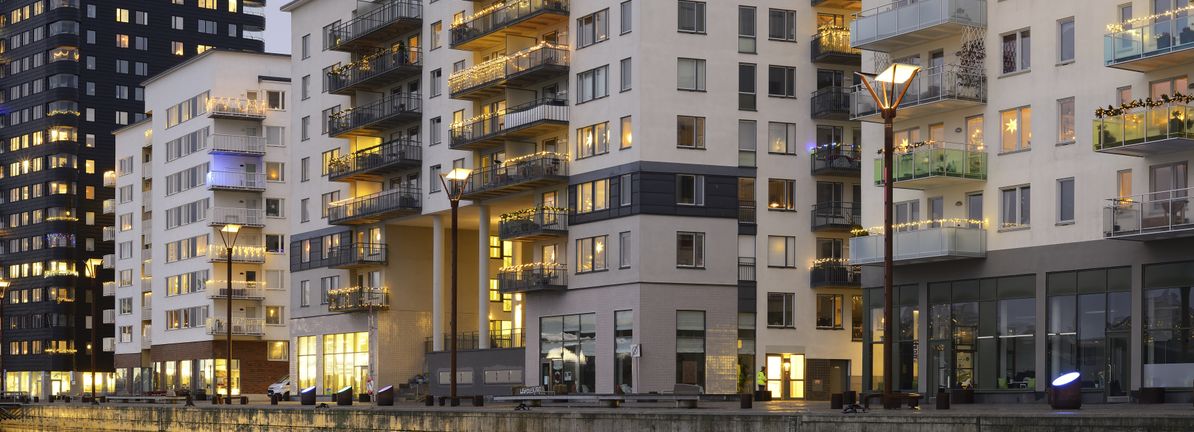E
ditor’s Note: The following is a condensed version of a story from Woodall’s Campground Magazine’s October issue. Professionals may receive a free monthly issue by subscribing here.
The campground and RV‑park market has cooled, according to operators, brokers, lenders and consultants who work with buyers and sellers. “The frenzy is over and reality has returned, which is fine,” says Jayne Cohen, founder and CEO of Campground Consulting Group. CAP rates have stabilized, and sellers no longer receive a flood of offers. Economic uncertainty may hurt small “mom‑and‑pop” or lifestyle buyers, but multi‑park owners continue to purchase, albeit at more reasonable prices. “Extended‑stay and seasonal parks that generate steady income are in demand, whereas vacation or nightly RV parks are harder to sell,” Cohen notes. She adds that most parks still need infrastructure upgrades, and only newly built or recently renovated sites are in top shape.
Jim Omstrom, co‑founder of Open Road Resorts, highlights the widespread need for better maintenance, new amenities, clean bathrooms and reliable Wi‑Fi. “We evaluate many parks each year, and most require capital investment in bathhouses and Wi‑Fi upgrades,” he says. He points out that weak occupancy and revenue performance this year are affecting sale prices. “We’ve seen parks in strong markets drop 15‑25 % year‑to‑date, yet sellers are still pricing based on 2024 results, which is slowing deals.”
Richard J. O’Brien, CEO of Athena Real Estate, explains that post‑pandemic changes have reshaped the market. “Since 2022, rising interest and cap rates have lowered values, and revenues have softened due to a decline in the RV transient business and reduced Canadian travel to the U.S. Payroll, insurance and property taxes have also risen,” he says. “Parks bought in 2021‑22 are worth 25‑35 % less on paper without major value creation.”
Maria Piper, a broker with NAI Outdoor Hospitality Brokers, notes that values across asset classes have reset lower. “Some owners bought at peak prices are now facing tough decisions,” she says. “While there are pockets of distressed assets, the overall distress level isn’t enough to disrupt the industry. Higher insurance costs and rising operating expenses remain challenges, yet transaction volume is growing as the outdoor hospitality market adapts.”
John Sheedy, president of Park Brokerage & Commercial Real Estate, attributes the slowdown to sellers clinging to 2021 price levels. “The market logjam is largely due to unrealistic sellers,” he says. “Buyers are still eager, but sellers are emotionally attached to past highs, which will take years to recover, especially in saturated or tertiary markets.” Sheedy adds that sales volume has returned to historical norms over a ten‑year period, and he expects a rebound as owners adjust and distressed assets enter the market when five‑year loans mature over the next 18 months. “The frothy 2021 market is unlikely to return soon, but we have notable deals in the pipeline, often with seller financing or attractive entry costs.”
Russell Baehre, of Baehre Real Estate, warns that overpricing can damage a park’s reputation. “Sellers who invest more than a park’s current worth risk losing buyers,” he says. “Marketing in a buyer’s market differs from a seller’s market; you’re filling orders, not chasing inflated prices.” He acknowledges that many parks, new or old, have seen significant investment that isn’t reflected in current valuations.
O’Brien echoes this sentiment, noting that as five‑year debt matures, sellers are becoming more realistic. “The economy is stable, and we anticipate increased closing volume in Q4 2025 and H1 2026,” he says. He also sees more multi‑park owners entering the market. His company, Applebrook RV Resorts, which operates nearly 15 parks and 3,000 sites, expects to double in size over the next five years and plans to continue improving acquired parks.
To read the full story in the digital issue, click here.
